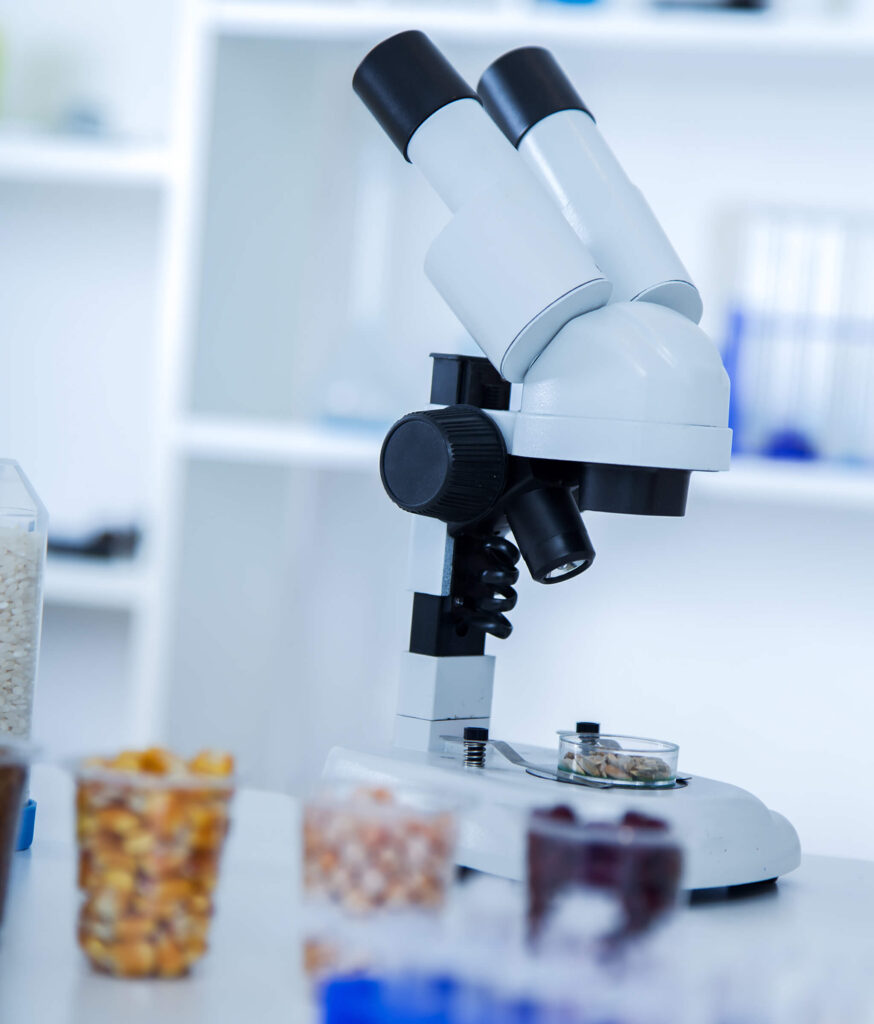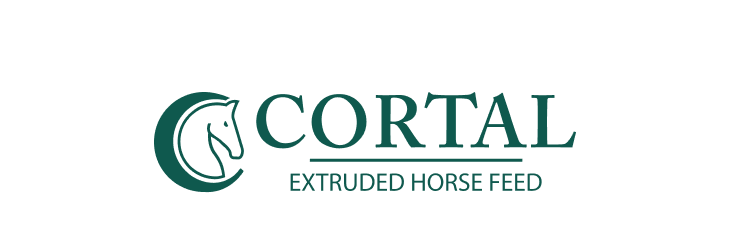Quality and Sustainability
Quality and sustainability to us.
We have always believed that guaranteeing products that meet high quality, safety and sustainability standards is the key not only to making us stand out from our competitors or to access new markets, but above all to gaining and maintaining the trust of our customers.
Our laboratory
Our in-house laboratory works on a daily basis to check all the raw materials we employ in the production of our feeds, considering both nutritional characteristics and major contaminants such as mycotoxins.
This enables us to guarantee a high level of health and hygiene safety for our feeds, in particular with regard to the risk of contamination by aflatoxins, for which we have set a much stricter internal limit than that required by the current regulations.

Our certifications
In 2001 the foundation was laid by obtaining the UNI EN ISO 9001:2015 certification, an international standard for quality management systems, that we have adopted as a tool to continuously enhance the operational efficiency of our internal processes and to proactively address new challenges.
We advocate the concept that feed safety involves all stakeholders in the supply chain: raw material suppliers, carriers, warehouses, distributors and feed producers.
We have therefore obtained the GMP+FSA certification, a globally recognised standard that focusses on the identification and management of food safety hazards.
- UNI EN ISO 9001:2015
- UNI EN ISO 9001:2015
- UNI EN ISO 9001:2015

Sustainability and environment
Our commitment towards the environment is expressed in concrete actions that aim to reduce the negative impact we have on the planet.
Hence, since 2012 we have also started making use of electricity from renewable sources, thanks to photovoltaic systems and to a co-generator that also allows us to cover our demand for hot water used in production processes.
With the UNI EN ISO 14001:2015 certification, an international standard dedicated to environmental management systems, we want to prove our commitment to improving our environmental performance in terms of energy efficiency, sustainable procurement of raw materials and responsible waste management with the aim, over time, of contributing to the achievement of the goals set out in the UN 2030 Agenda for Sustainable Development.
